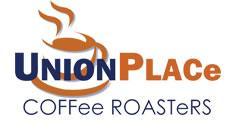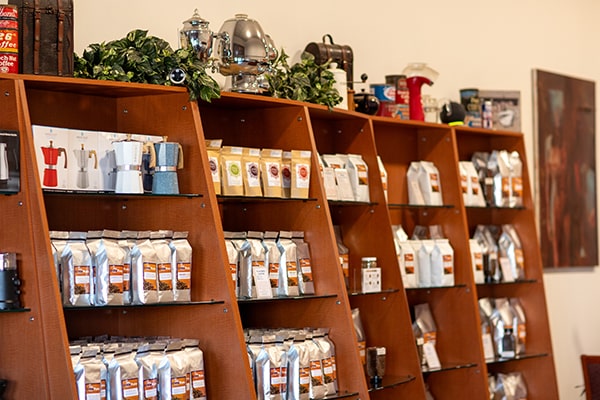Decaffeinated coffee has become increasingly popular among coffee lovers who want to enjoy the rich flavors of coffee without the jitters associated with caffeine. Among various methods of decaffeination, the Swiss Water Decaf method stands out for its unique approach and commitment to chemical-free processes. In this blog post, we will explore what the Swiss Water Decaf method entails, how it differs from other decaffeination processes, and whether or not it uses chemicals.
Understanding Decaffeination Methods
Before diving into the specifics of the Swiss Water Decaf method, it’s essential to understand how decaffeination works in general. The primary goal of any decaffeination process is to remove caffeine from coffee beans while preserving their flavor and aroma. There are several methods used in the industry today:
- Solvent-Based Methods: These methods use chemical solvents such as methylene chloride or ethyl acetate to extract caffeine from coffee beans. While effective, these methods can leave trace amounts of chemicals behind.
- Carbon Dioxide Method: This technique uses high-pressure carbon dioxide to extract caffeine. It is considered a more natural method but still involves some level of processing.
- Swiss Water Method: This is a water-based process that relies on osmosis and solubility principles to remove caffeine without using any chemicals.
The Swiss Water Decaf Method Explained
The Swiss Water Decaf method originated in Switzerland in the 1930s and has since gained popularity for its commitment to producing high-quality decaffeinated coffee without chemicals. Here’s how it works:
- Green Coffee Beans: The process begins with high-quality green coffee beans that are soaked in hot water. This initial soaking helps dissolve caffeine as well as other soluble compounds that contribute to flavor.
- Caffeine Extraction: After soaking, the water containing dissolved caffeine and flavor compounds is separated from the beans.
- Carbon Filtration: The next step involves passing this water through activated carbon filters that capture only the larger caffeine molecules while allowing smaller flavor molecules to pass through.
- Re-soaking: The remaining flavorful water—now known as Green Coffee Extract (GCE)—is then used to soak a new batch of green coffee beans. Since GCE already contains many flavor compounds, it prevents new beans from losing their essential flavors during the decaffeination process.
- Drying: Finally, after sufficient time has passed for caffeine extraction, the beans are dried and prepared for roasting.
This entire process ensures that no chemicals are involved at any stage, making Swiss Water Decaf a truly natural option for those looking for a caffeine-free alternative.
Chemical-Free Assurance
One of the most significant advantages of choosing Swiss Water Decaf is its assurance of being chemical-free. Unlike solvent-based methods that may leave behind traces of harmful substances, this method utilizes only water and carbon filtration techniques—both safe and natural materials.
Moreover, many consumers are increasingly concerned about their health and environmental impact when choosing food products; thus, opting for Swiss Water Decaf aligns well with those values by providing a clean label product free from synthetic chemicals or additives.
Flavor Profile Comparison
Another critical aspect worth mentioning is how different decaffeination methods affect flavor profiles in coffee beans:
- Solvent-Based Methods: These can sometimes result in a loss of nuanced flavors due to aggressive extraction techniques.
- Carbon Dioxide Method: While better than solvent-based options regarding flavor retention, it still may not match up entirely with naturally processed alternatives.
- Swiss Water Method: Because this method preserves more original flavors by using GCE during re-soaking stages, many aficionados argue that it produces one of the best-tasting decafs available on the market today.
Environmental Impact
In addition to being free from chemicals, another benefit associated with Swiss Water Decaf is its lower environmental impact compared to other methods:
- No harmful solvents mean less pollution during production.
- The use of renewable resources like water makes this an eco-friendly choice.
As consumers become more environmentally conscious about their purchasing decisions—especially regarding food products—the appeal of sustainable practices like those found in Swiss Water Decaf continues growing exponentially.
So, if you’re wondering whether Union Place Coffee Roasters uses the Swiss Water Decaf process—the answer is YES! All of our decaffeinated coffees are made without synthetic solvents or additives commonly found in other decaffeination processes.
By choosing Swiss Water Decaf not only do you get deliciously rich flavors without caffeine but also support environmentally friendly practices within your daily routine! Try our decaffeinated options including Swiss Water Process Colombian Decaf, Swiss Water Process Brazilian Decaf, Swiss Water Process Espresso Blend Decaf, and our flavored decaf options.


Customer Reviews